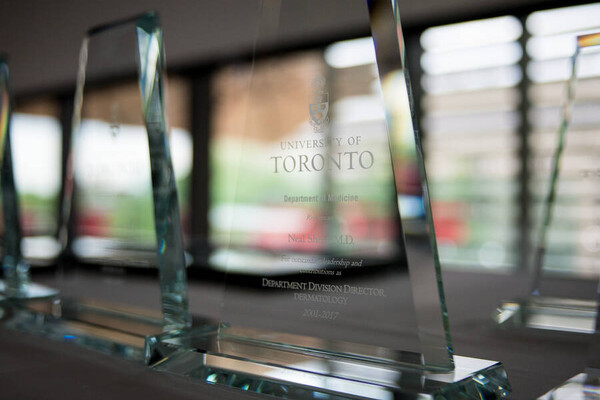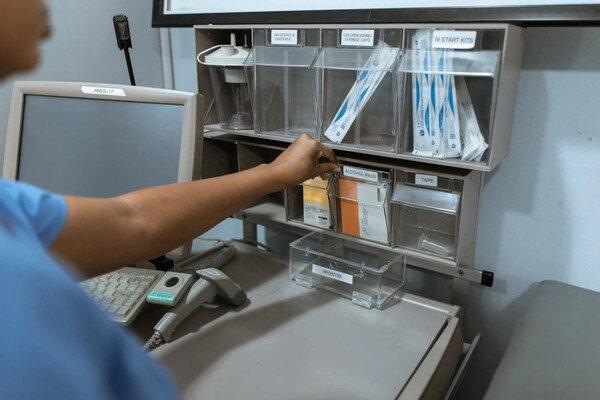Main Second Level Navigation
- Welcome
- Why Toronto?
- History of the Department
- Vision & Strategic Priorities
- Our Leadership
- Our Support Staff
- Location & Contact
- Departmental Committees
- Department of Medicine Prizes & Awards
- Department of Medicine Resident Awards
- Department of Medicine: Self-Study Report (2013 - 2018)
- Department of Medicine: Self-Study Report (2018 - 2023)
- Communication Resources
- News
- Events
Exploring Envy in Medicine: A New Perspective on Physician Well-Being

The importance of addressing the emotional well-being of healthcare professionals is gaining recognition, particularly in the context of physician burnout and welfare. To contribute to this conversation, three internists from the Department of Medicine published an article called Psychology of envy towards medical colleagues.
The article delves into the ways in which envy can affect a physician's self-esteem, contribute to burnout and influence relationships with colleagues. This collaborative effort marks the fourth publication focusing on social psychology as applied to medical care by Drs. Umberin Najeeb, Donald Redelmeier and Edward Etchells.
“Our profession is stressful and tiring, so I think that the concept of envy felt very natural to explore,” notes Dr. Najeeb.
According to the researchers, healthcare often necessitates teamwork due to complex cases, yet differs from sports teams because success or failure isn't always shared collectively. One person can easily be having a bad day at the same time that another is having a great day.
This context can lead to interpersonal comparisons, significantly impacting a clinician's personal well-being and resulting in a spectrum of emotions from admiration to envy.
“Whether we like it or not, there is hierarchy inside medical teams based on training, seniority, role, skill and many other factors,” says Dr. Redelmeier. “These subtle gradients and social differences need to be considered rather than dismissed. Of course, doing so can be challenging.”
While envy in this context can be difficult to study because laboratory experiments don’t directly relate to daily practice, Drs. Redelmeier, Najeeb and Etchells chose to analyse three laboratory experiments that were relevant to clinicians.
“Our motivation was to demonstrate that envy is an emotion that can be understood with objective, scientific and generalizable techniques,” says Dr. Redelmeier.
They also aimed to provide a language and logic for discussing envy as a natural human emotion – one that shouldn’t be eradicated, denied or demonized. To do so, the researchers utilized tables and figures outlining examples of envy felt toward colleagues in professional and social situations, potential causes and consequences of envy in clinical medicine, and possible mitigating thoughts.
"I think that talking about envy in a peer-reviewed and published scientific paper validates the experiences of clinicians who may be grappling with it, and hopefully reduces the associated discomfort and shame,” says Dr. Najeeb.
The article also discusses traditional strategies for managing envy, including engaging in other fulfilling activities, focusing on personal goals rather than social comparisons and engaging in open conversations with a trusted individual. Importantly, the science of social psychology suggests that overthinking is counterproductive, often leading to pessimism, passivity or self-defeat.
Future research in this area will ideally aim to deepen our understanding of envy and translate this knowledge into everyday medical practice, contributing to the holistic well-being of healthcare professionals.


